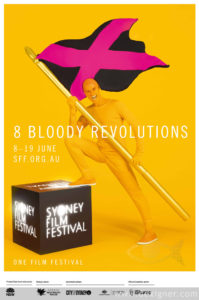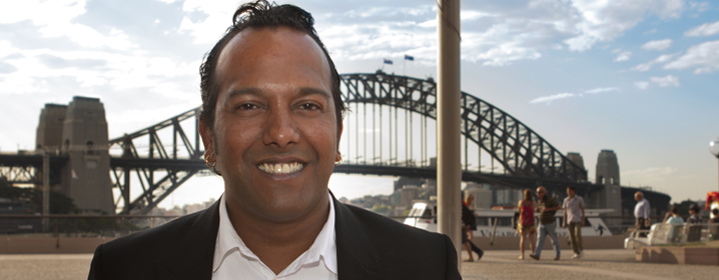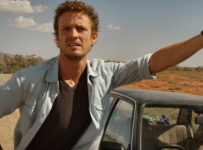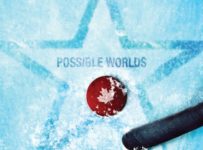 In November last year, it was announced that Nashen Moodley would be taking over as the new director of the Sydney Film Festival. As we gear up towards the festival in June, Mr. Moodley was kind enough to answer a few of our questions.
In November last year, it was announced that Nashen Moodley would be taking over as the new director of the Sydney Film Festival. As we gear up towards the festival in June, Mr. Moodley was kind enough to answer a few of our questions.
Moodley replaced Clare Stewart, who served as the director for the last five years. Prior to that, he was Manager/Head of Programming of the Durban International Film Festival, South Africa’s longest-running film festival from 2001.
Moodley’s extensive experience includes the position of Director of Asia and Africa Programmes for the Dubai International Film Festival since 2005. In 2006, Moodley was responsible for curating the first South African Film Festival in Tehran. He has also been an adviser to several other festivals including South Korea’s Busan International Film Festival, which is rapidly emerging as one of the leading film festivals in the world.
We need to thank Cardinal Spin, Sydney Film Festival and, of course, Mr. Moodley for his generous time.
The Sydney Film Festival runs from 6 to 17 June 2012.
Congratulations on your appointment as the director of the Sydney Film Festival. What was it that attracted you to the Sydney Film Festival?
Thank you very much. Sydney Film Festival is one of the oldest public film festivals in the world and has such a rich history. Sydney is a great, cinema-loving city, so it made the prospect of directing the Sydney Film Festival extremely attractive.
How is the Sydney Film Festival distinct from the other festival roles that you’ve undertaken?
In some ways the diverse programme of Sydney Film Festival is very similar to the work I have done in Durban for instance, but I look forward to engaging with a much larger audience and of course to discovering the taste of the Sydney audience.
For the uninitiated, what does the daily job of an international film festival director consist of?
When at international festivals I typically watch 4-6 films a day, and take meetings with sales agents, national film promotion agencies, and filmmakers, and usually would attend a reception/party or two or three each night. Back at the office, I would have meetings with my colleagues to discuss various elements of the festival, send lots of emails to do with the invitation and negotiation around particular films, attend screenings, and meet with Australian distributors and the media. Typically, in the evening, I would watch 2 or 3 films on DVD for selection purposes.
Has the proliferation of festivals, small and large, around the world made programming more or less of a challenge?
It has made it more of a challenge. Festivals love to present premieres and with the proliferation of festivals, this has become more and more difficult. At the same time, the large number of festivals help promote a broader range of films and that’s a good thing.
What do you look for in a film to meet the standards of something like the Sydney Film Festival?
When creating a programme as large as that of Sydney Flm Festival it is important to ensure diversity and balance – there should be something for everyone. If a film says something important in an innovative and engaging way, I am usually partial to it.
What purpose do you want the Festival to have for filmmakers and filmgoers?
For filmmakers, we want to the Festival to represent a high-profile platform for the presentation of their films and opportunities to engage with their fellow filmmakers, the audience and the Australian industry. For our audience we want to create a welcoming festival with films that both satisfy and challenge, and with a fascinating group of visiting filmmakers to engage with.
What can we hope to see at the Sydney Film Festival this year that we’ve never seen before?
Well, you will see many new films that you haven’t seen before, and you will meet many new filmmakers who haven’t been to Australia before. We hope also to present the works of a number of first-time filmmakers – the masters of tomorrow. We are also introducing the new Sydney Film Festival Hub @ Lower Town Hall, a place for both filmmakers and the audience to hang out, featuring an action-packed line-up of live music, DJs, talks, panels, screenings, parties and loads of things to see and do from 5pm to 10pm, from 7 to 17 June.
As the Festival approaches its 60th anniversary next year, where do you hope the Festival will be by then?
I expect the festival to continue in the great trajectory of the past few years, with more and more recognition of the Official Competition, a greater number of international filmmakers attending the festival and, of course, larger audiences.






